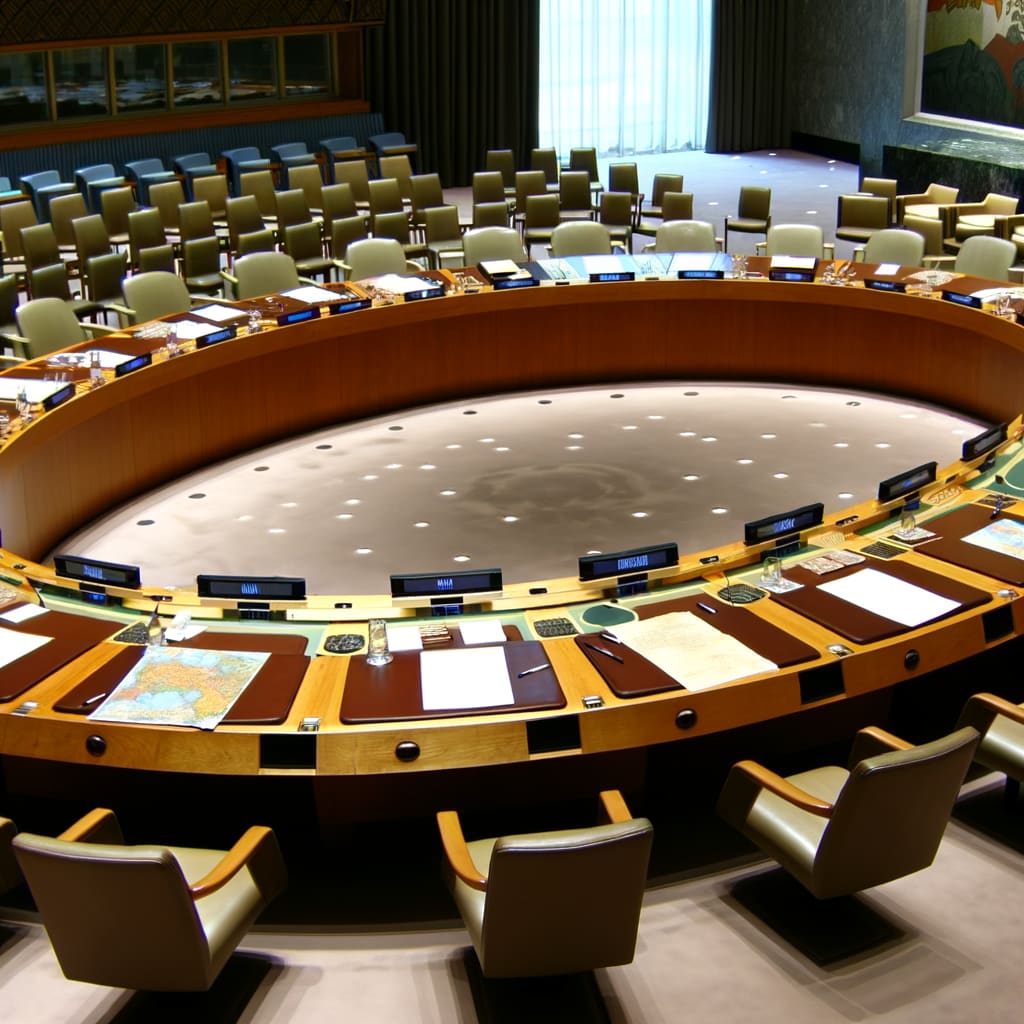US, Arab Nations Push for Approval of UN Resolution on Gaza, Russia Proposes Alternative
The United States, along with several Arab nations, are calling for the swift adoption of a UN resolution supporting President Donald Trump's peace plan for Gaza. However, Russia proposes its own alternative, creating a potential challenge to the US-led initiative. The UN Security Council is set to vote on November 17.
Background and Context
President Trump's 20-point plan for Gaza, presented as a blueprint for stability and reconstruction, is stirring up significant controversy. Critics argue that it functions as political cover for Israel's ongoing military campaign, as reported by the Tehran Times.
The US administration is seeking formal UN authorization of a sweeping, multi-year international force that would govern security in Gaza through at least 2027, according to Fox News. The Trump administration wants the Security Council to adopt a resolution annexing the 20-point US plan, effectively making it international law.
Key Developments
Steve Witkoff, US President Trump's peace envoy, plans to meet directly with Hamas chief Khalil el-Hayya to discuss the implementation of the Gaza ceasefire, as reported by the New York Times and Middle East Eye. Rashida Tlaib has also introduced a US Congress resolution to recognize the Gaza genocide, backed by 21 Democratic legislators.
Meanwhile, Russia has been forced to prepare an alternative to the American draft resolution on Gaza, as reported by TASS. The Russian draft acknowledges the provisions of Trump's plan and appreciates the efforts of the US and mediators. However, the country insists that an inclusive approach can ensure sustainable peace in Gaza.
Reactions and Implications
The proposed US plan has been backed by regional powers, including Egypt, Qatar, Saudi Arabia, and Turkey, urging the UN to approve the resolution. The American envoy warned of a 'real human cost' if the UN Security Council doesn’t back its Gaza resolution, as reported by The Times of Israel.
However, the plan has also drawn criticism. Middle East Eye argues that a Gaza ceasefire without justice or Palestinians at the table is a betrayal. The publication highlights the ongoing plight of Palestinians and the need for true accountability.
Conclusion
As the vote approaches, the fate of President Trump's plan hangs in the balance. The US and its partners urge for a swift adoption, while Russia presents its alternative, underlining the complexities of the situation in Gaza. The imminent meeting between the US envoy and the Hamas chief may offer more insight into the potential implementation of the ceasefire. Yet, the process is fraught with uncertainties, including the challenge of disarming the Islamist movement and establishing an international stabilization force.

